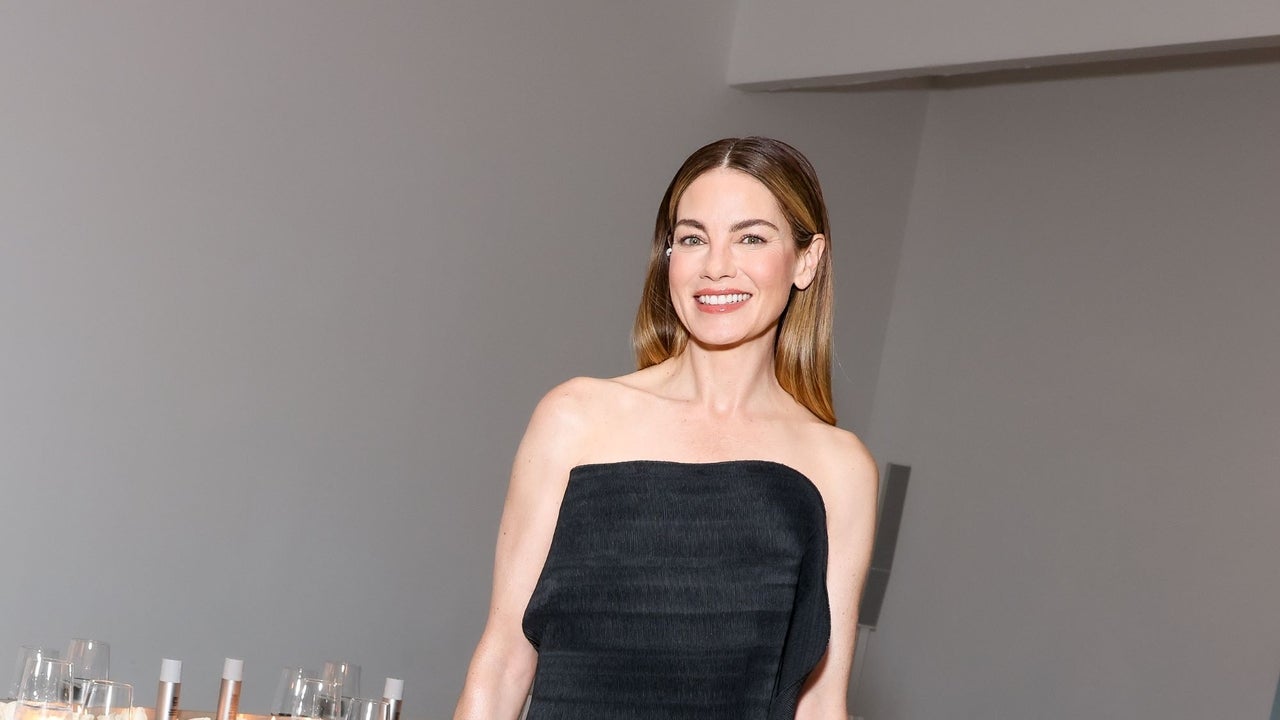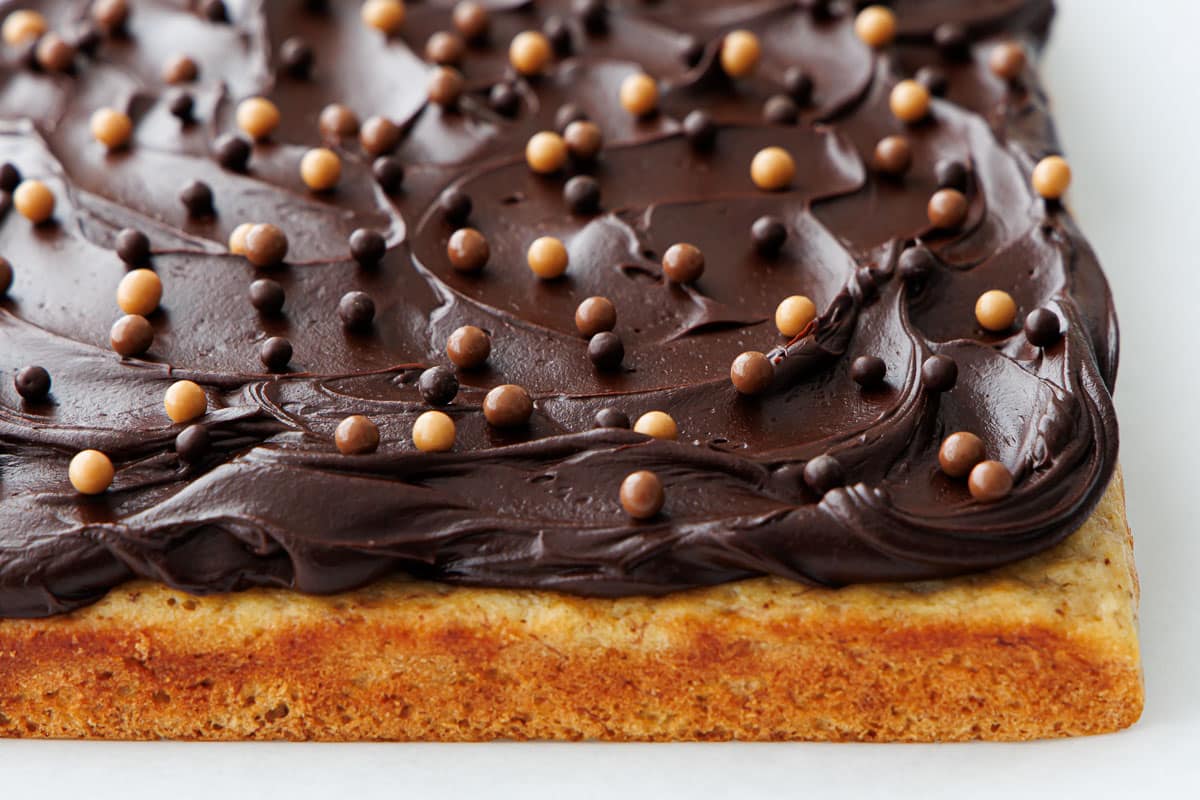In its finale, House of the Dragon became a worthy Game of Thrones successor
Emma D’Arcy as Queen Rhaenyra Targaryen. | Image: HBOHouse of the Dragon’s season 1 finale pulled the series together by becoming what Game of Thrones was at its best Continue reading…
/cdn.vox-cdn.com/uploads/chorus_asset/file/24136939/emma_d_arcy_2.jpeg)
In its earliest episodes, House of the Dragon sometimes stumbled and often felt like a project that owed its existence to HBO’s hunger for a new hit rather than an understanding of what made Game of Thrones compelling in the first place. But in its season 1 finale, House of the Dragon proved itself to be a worthy Game of Thrones successor and something kind of like a dragon egg — a surprising gift that needed time, heat, and just the right kind of intensity to become truly fantastic.
Game of Thrones had the luxuries of time, space, and novelty working in its favor when it first premiered back in 2011 and introduced a new audience to the Song of Ice and Fire that’s been playing in George R.R. Martin’s mind for the past three decades. Though it took a while for its impact to become clear, Game of Thrones focused on gradually revealing more and more of its characters’ interior selves with a measured slowness that made it easy to empathize with them — especially as the shape of Westeros’ politics became clear. By doing that, Game of Thrones cultivated its cast of incestuous, murderous, treasonous child defenestrators into a group of people audiences loved and wanted to see survive in the great war against the frozen dead, even though the series had lost much of its luster by that point.
Short of simply copying Game of Thrones’ narrative structure and teasing its story out over the course of eight seasons, there was no way House of the Dragon could have developed its heroes and villains in the exact same way. And so, instead of burning slowly, House of the Dragon came in hot and explosive by condensing its story with time jumps. It used its time to focus solely on the most pivotal moments in Westeros’ history, like the one “The Black Queen” from director Greg Yaitanes — the season 1 finale — revolves around.
Image: HBO
“The Black Queen” is an episode of reckoning for many of House of the Dragon’s players, Princess Rhaenyra (Emma D’Arcy) in particular. But it’s also a critical inflection point that brings a kind of clarity to the show’s story so far and to the path it will head down in season 2.
Sickly as King Viserys I (Paddy Considine) was as leprosy ravaged his body in the years leading up to his death, his single-minded determination to keep his family united ahead of the great prophesied winter was also what kept his loved ones from plunging Westeros into war. In their youths, Rhaenyra and her uncle-husband Prince Daemon (Matt Smith) couldn’t see Viserys’ relative mildness as the boon to Westeros that it was. Neither of them could appreciate how their own ambitions for the Iron Throne might one day imperil House Targaryen as a whole or how Viserys’ rule as king — imperfect and monstrous as it sometimes was — was genuinely defined by his deep and abiding love for his entire family.
While Daemon and Rhaenyra’s relationships with Viserys were complicated, “The Black Queen” lays bare just how much his love meant to them both even though he stood directly in the way of their ability to claim the Iron Throne at different points earlier this season.
It was difficult to feel much of anything in House of the Dragon’s premiere as old King Jaehaerys I (Michael Carter) first convened a Great Council to select an heir because House of the Dragon hadn’t yet given us the chance to properly get to know who any of these people were. It wasn’t clear then just how dirty Jaehaerys I did Princess Rhaenys (Eve Best) or how attuned Rhaenyra was to the dangers that she and Alicent Hightower (Olivia Cooke) would one day face as women born into royal families. But as a very pregnant Rhaenyra stalks around a war room in Dragonstone with her very illegitimate sons Jacaerys (Harry Collett) and Lucerys (Elliot Grihault), you can see plainly how learning to play the game of thrones has shaped the trajectory of the princess’s life.
Image: HBO
“The Black Queen” doesn’t make anything about the way House of the Dragon has seemed fixated on the idea of women enduring painful, traumatic births any less discomfiting. But the way Rhaenyra enters labor prematurely upon hearing news of her father’s death from Rhaenys is one of the episode’s most powerful scenes, a vital bit of gut-wrenching awfulness that’s grounded by the potent energy D’Arcy pours into their performance.
As Rhaenyra refuses help from her handmaidens, “The Black Queen” demands that you witness the physical pain that she’s able to bear and the emotional agony that nearly breaks her in her ultimate moment of vulnerability. Rather than focusing solely on the tragedy of Rhaenyra’s baby being stillborn, the episode locks in on how easy it is for Daemon to leave Rhaenyra’s side during labor despite the baby being his and how the baby’s death was at least partially related to the deep toxicity of their relationship.
“The Black Queen” leaves little doubt that some part of Daemon truly believes that he’s acting in Rhaenyra’s best interest when he begins advocating for war with the Greens in King’s Landing. That said, the episode also highlights how much of Daemon’s pulling back from Rhaenyra while she’s literally calling out for him also comes from a place of disdain that’s easier to tap into with his brother Viserys I finally out of the picture for good. Daemon’s frustration with Rhaenyra when she refuses to kill Ser Otto Hightower (Rhys Ifans) after he shows up on Dragonstone with terms from King Aegon II (Tom Glynn-Carney) is understandable up to a point.
As Daemon’s choking his new queen for daring to mention the actual Song of Ice and Fire to him, though, “The Black Queen” casts him in as honest and unsympathetic a light as it possibly can to hammer home how his aspirations make him a dangerous man.
Image: HBO
By chronicling the many ways that Westeros’ nobles could hurt one another without using dragons, House of the Dragon did a surprisingly effective job of illustrating why anyone with common sense who had them at their disposal might be inclined to exercise restraint. The true level of chaos and destruction that the Targaryen dragons could unleash was a concept that Game of Thrones spent years alluding to and eventually building toward as the magical creatures returned to Westeros from the brink of extinction. But where Game of Thrones shrouded its dragons in a certain degree of mystery, “The Black Queen” is quite matter-of-fact about the danger they pose because of their raw power and how difficult it is to rein that power in after it’s been unleashed.
Rhaenys’ understanding of that reality is what would have made her a truly great queen and what made her decision not to murder everyone at Aegon’s coronation such a graceful and unexpected power move. And it’s House of the Dragon’s commitment to digging deeper into that concept that ultimately makes “The Black Queen” feel reminiscent of Game of Thrones when it was at its peak.
House of the Dragon more than earned its right to punctuate its story with moments of pure sword and sorcery spectacle. Beyond just building to a dragon fight, though, “The Black Queen” gave us a preview of the coming Dance of the Dragons by giving Prince Aemond (Ewan Mitchell) the opportunity to finally exact some revenge on his nephew Lucerys, who (accidentally) took one of his eyes when they were children.
Image: HBO
For all of Rhaenyra’s wartime savviness, it doesn’t even occur to her that sending her two teenage sons out into the world with their relatively immature dragons might not be the smartest idea given how many people want them all dead. But the brilliance of “The Black Queen” is how the episode reminds you that it’s optimism rather than straight-up foolishness that motivates Rhaenyra and how much like her father that optimism makes her.
Rhaenyra doesn’t send Lucerys down Storm’s End because she wants Lord Borros Baratheon (Roger Evans) to humiliate him before Aemond chases him into the sky and murders him on dragonback. She does it because she thinks that Westeros’ leaders can err on the side of caution out of an overabundance of concern about what might become of their kingdoms if and when an all-out war featuring dragons were to ever break out. Technically speaking, she’s right, as Lord Borros makes clear that he wants no involvement in whatever personal beef the two Targaryen boys have with one another. But in classic Game of Thrones fashion, “The Black Queen” came to a close with a surprising twist that deviated from George R.R. Martin’s Fire & Blood while also perfectly capturing the spirit of the source material.
Aemond killing Lucerys accidentally rather than on purpose the way he does in Fire & Blood adds a delicious top note of tragedy to House of the Dragon’s season 1 finale that feels indicative of how much more personal and ugly the series’ next chapters will be. Rhaenyra going on the warpath to destroy her one-time best friend was always going to be interesting, but now, it’s going to be messy in the way that all Game of Thrones conflicts, born out of pain and misunderstanding, tend to be. House of the Dragon wouldn’t have been able to get to this kind of comfortable cruising altitude were it not for all the world building and careful character development that went into the rest of the season. But now that the show’s gotten this overwrought and primed for bombast, there’s no turning back, which feels like a more than promising note for House of the Dragon to end on.

 Tekef
Tekef 
































